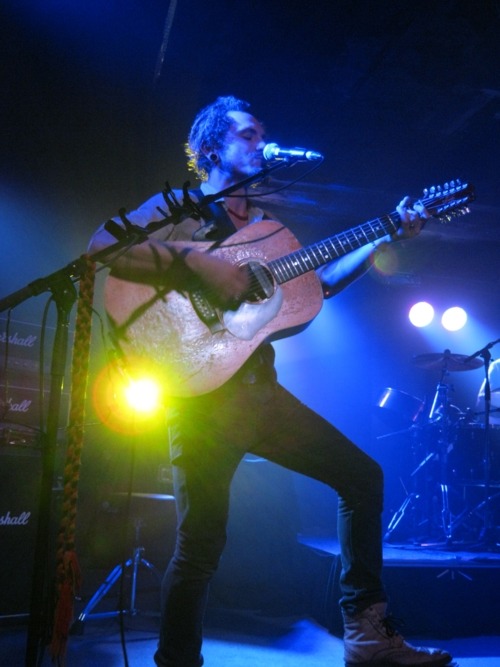Elzhi interview
Jason Powers, better known as Elzhi, has dealt with the death of close friends and the break-up of his group Slum Village, but he still sounds as passionate as ever.
“It’s more than getting paid. You can’t even put into words how it feels to put the mic out and have the crowd finish your sentence. I love to create. I love to write something, put it down in the studio and play it back. It’s a beautiful feeling man. I do it for the whole experience."
Elzhi joined underground favourites Slum Village in 2001, a group often praised as the reincarnation of A Tribe Called Quest. Legendary producer J Dilla was partly responsible for bringing Elzhi into the group and helped him to get his first paid music gig.
Sadly, Dilla passed away in 2006 after a battle with Lupus disease. Founding Slum Village member Baatin also died three years later due to mysterious circumstances surrounding a struggle with mental illness.
After their 2010 release Villa Manifesto, Elzhi announced his departure from the group citing shady managers and underhanded labels.
Despite a traumatic decade, he says he never considered quitting rap. “The way it affected my music, it made me want to get a lot more personal. You can’t just bottle those feelings up inside, so the only way I know how to get them out is express it through my music. It’s almost therapeutic for me. It’s almost like medicine.”





